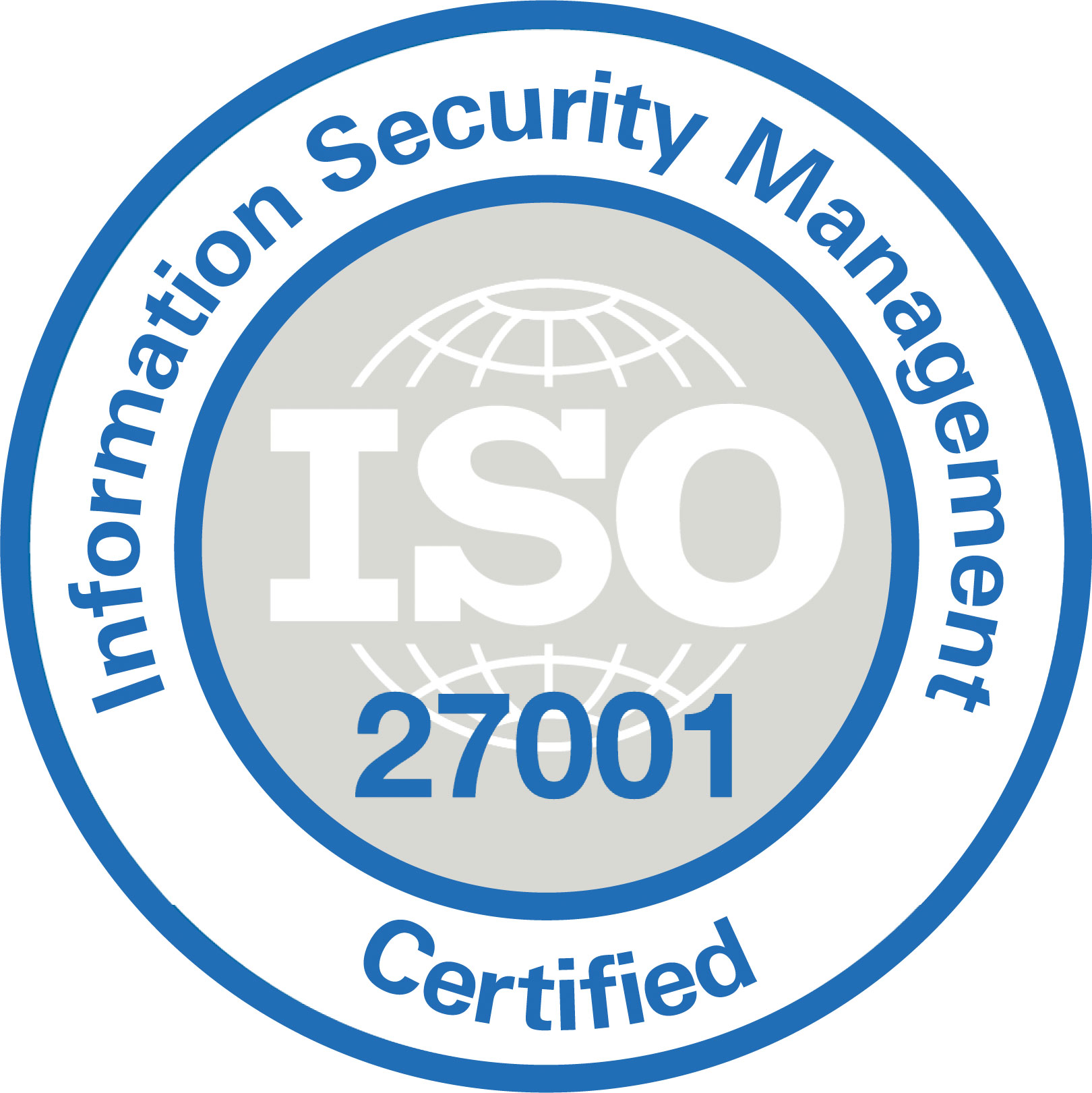- Solutions
- The Company
- About usCartrack offers smart fleet solutions guaranteed to optimise your fleet and workforce, no matter how big or small your business.
- Investor RelationsCartrack has a history of strong cash flow generation and cash conversion, low financial leverage and strong dividends.
- CareersCareers portal. View all the current Cartrack career openings and opportunities available.
- Resources
- Contact Us
- Login
Tips on not being a Statistic
6 September 2013
Some tips on how not to become a statistic/ hijacking victim.
Crime is always around us; not even being locked up safely in your own home can guarantee that you will not be a victim. There are however ways to reduce your chances of becoming a victim, often vigilance and awareness of situations can be the deciding point of your safety. Here are some tips on how not to be a victim in a hijacking:
- Always travel with your car doors locked.
- Keep all windows closed or, at most, not open more than would allow a hand to fit through.
- Leave enough room between your car and the one in front of you to avoid being boxed in.
- Remain in your car if you are involved in an accident. Inspect any damage only once you are sure it is not a hijack attempt.
- Attract attention of other motorists or pedestrians if you think you are in danger. You can use the hooter, flash your lights, put your emergency lights on or shout.
- Be aware of anybody who approaches your car or is loitering near traffic lights, stop streets, parking areas or your driveway.
- Constantly monitor what vehicles are travelling behind, ahead and next to you. More than one vehicle could be involved and they could be setting a trap to stop you. If you are suspicious of vehicles around you take (responsible) action to get out of the situation.
- If you suspect that you are being followed, you should ideally drive to the nearest police station. If this is not possible, drive to another safe place but do not go home.
- If approached by a suspicious-looking person, especially at night or in a quiet area, pull off quickly from a stop street or intersection, always heeding traffic danger. Remember skipping a stop sign or red light remains an offence and the onus is on you to prove that your action was in self-defence.
- At unusual or unexpected roadblocks, keep windows closed and doors locked and ask for the police or traffic officer’s identity card. Show your identity document to them through the window. Trust works both ways. The same goes for being stopped by traffic officers at speed traps.
- On long journeys only stop overnight at safe places, parking next to the road or in a parking area overnight is not safe.
- Report any suspicious looking strangers and vehicles to the police. Give a description of the occupants and their vehicle.
- Do not stop at the scene of an accident unless you are convinced it is genuine. Accidents can be set up in the hope that you will stop to assist. Sometimes a “body” is placed next to the road. Rather drive on and report the incident at the nearest police station. Slowing down too much may also make you vulnerable.
- Do not enter your garage or a parking area if you believe you are being followed. Drive to the nearest police station.
- Do not stop if for example, a passer-by indicates that your car has a flat tyre or other defect. Drive to the nearest service station or safe area and check it there. It is a good idea to carry a product that temporarily seals any puncture and inflates the tyre.
- Do not tell strangers of your movements or plans.
- Do not pick up hitchhikers or unknown passengers even if they are females with children it could be a trap.
- Do not leave your car door open with the engine running while opening your garage door or gates, criminals can act quicker than you’d expect.
- Do not be distracted by people handing out flyers at intersections or buy items, such as flowers and newspapers, from unfamiliar vendors.
It’s by offering the service that we do that we feel it’s our responsibility to advise and help all South Africans on how not to become a statistic. If you can retain any advice we give to you, we want it to be ‘is it worth it?’ by remembering this small phrase you’ll remember what goes with it, be it road safety issues or general behaviour on our roads. Questions you should ask as you get behind the wheel should range from: Is it worth it not looking around before driving into my house? Is it worth it having my window open a little too much? Is it worth it overtaking on this blind rise? Be careful out there, remain vigilant, protect yourself and your family, and ask yourself is it worth it.













 Select Countries
Select Countries



